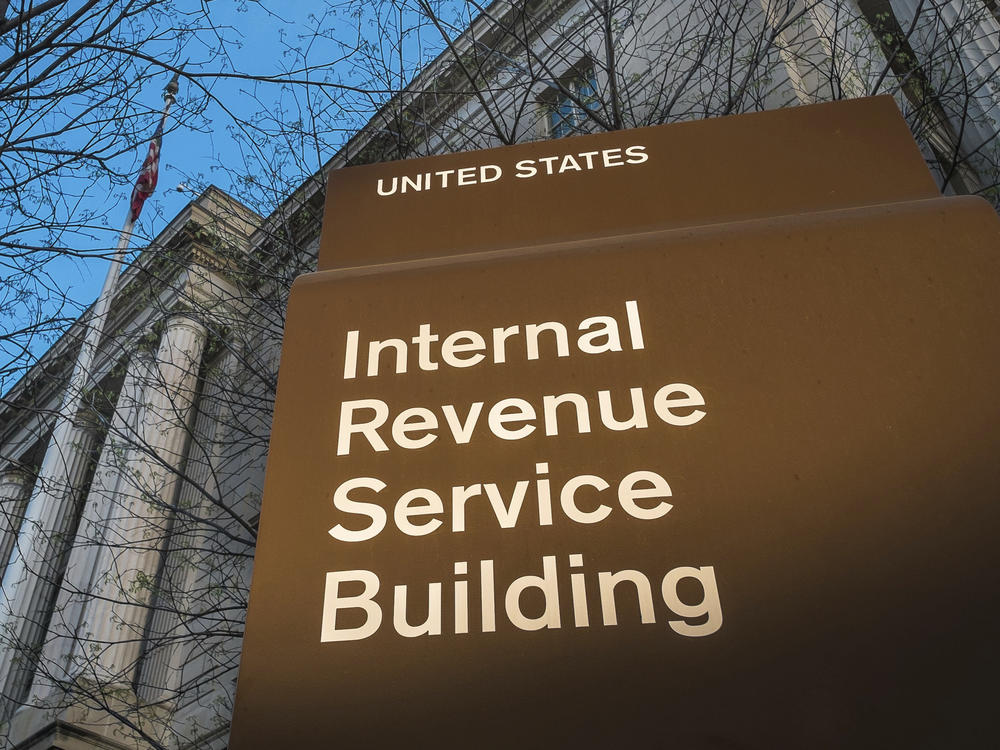Section Branding
Header Content
The IRS Won't Be Calling, Emailing Or Texting. Don't Fall For Child Tax Credit Scams
Primary Content
It's been just days since the IRS began sending out child tax credit payments — meaning tens of millions of families have started to receive up to $300 per child — and already the agency is warning American families about scammers trying to steal their money.
"Be alert to criminals who ask you, by phone, email, text – or even on social media, to verify your information," the IRS cautioned on Wednesday.
Such contacts are fake and should be ignored or reported.
Officials also reminded recipients of the monthly installments that the IRS never uses any of those methods to request personal or financial information.
"When it comes to phone calls, remember the IRS does not leave pre-recorded, urgent or threatening messages. For example, if you get a voice mail saying a warrant will be issued for your arrest... this is not the IRS."
Another red flag that someone is trying to shake you down: if they ask for payment via a gift card, wire transfer or cryptocurrency.
Clicking on links in unsolicited emails or websites posing as legitimate sites, and offering up any information could lead to theft, tax fraud, and identity theft.
Few eligible families need to take action
In fact, most eligible parents will already have had a deposit hit their bank account without taking any action whatsoever. The IRS is using bank information already on file from 2019 and 2020 tax returns to make the automatic deposits. No additional action is necessary.
However, for those who are not required to file tax returns, officials say to go to this actual IRS page to provide basic information for future payments, which arrive on the 15th of every month.
Copyright 2021 NPR. To see more, visit https://www.npr.org.

